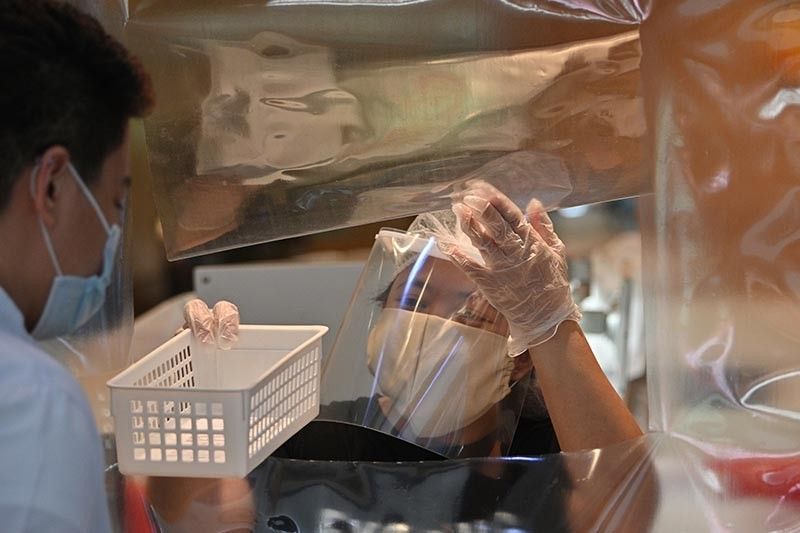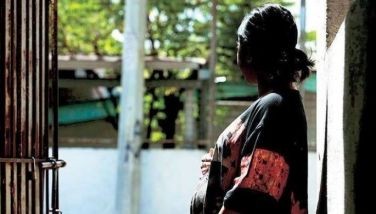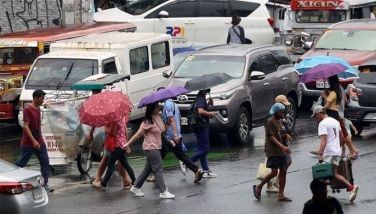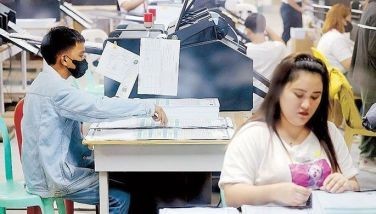Greenpeace: Reusable systems, ban on single-use plastics needed amid quarantine

MANILA, Philippines — An environmental organization called on local governments to enforce reusable systems and bans on single-use plastics after the coronavirus disease pandemic set back efforts to reduce the country’s dependency on plastic.
Greenpeace Philippines said there has been a notable increase in the usage of single-use plastic as the restrictions on movement put in place to contain the spread of the virus forced people stuck at home to turn to deliveries.
As the health crisis continues to rage, hospitals in Manila are also expected to generate additional 280 tons of medical waste—masks, gloves and other protective gear often made of plastic—according to an estimate of Asian Development Bank.
But the rise of plastic waste during the COVID-19 pandemic could increase the risks faced by communities, especially sanitation workers and fisherfolk, Greenpeace said.
“Single-use plastic is not inherently safer than reusables as it will cause additional public health concerns once discarded,” Marian Ledesma, Greenpeace zero waste campaigner, said.
“As the government gradually allows businesses to reopen, reusable systems and single-use plastic bans must be implemented to ensure the protection of the environment, workers and consumers,” she added.
Even before the coronavirus pandemic, plastic pollution had been a major environmental problem in the Philippines. A 2018 study of Global Alliance for Incinerator Alternatives found that almost 59.8 billion pieces of plastic sachets and more than 17 billion shopping bags are used in the country every year.
The Philippines—along with China, Indonesia, Thailand and Vietnam—contribute half the plastic waste in the world’s oceans, according to Ocean Conservancy in 2015.
Health experts: Reusables are safe
The call of the environmental group came after 115 health experts across the world assured that reusable items can be utilized safely during the global pandemic by employing basic hygiene.
“The COVID-19 global pandemic has triggered a discussion of how to ensure the safety of reusable systems in a public health crisis. Based on the best available science and guidance from public health professionals, it is clear that reusable systems can be used safely by employing basic hygiene,” the statement of scientists, academic, doctors and specialists in public health and food packaging safety said.
The new coronavirus has so far sickened 30,682 people in the Philippines, with 1,177 deaths.
- Latest
- Trending

































